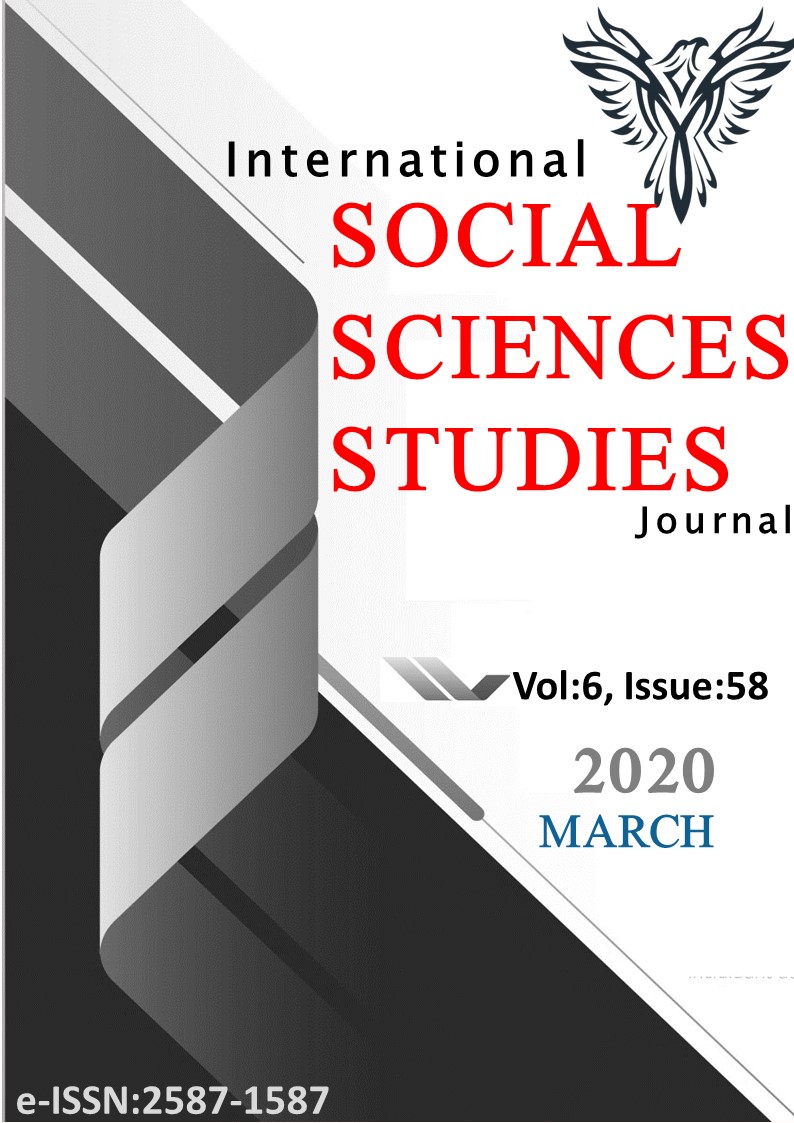Author :
Abstract
Düşünümsel sosyoloji ve sosyolojinin sosyolojisi, sosyolojinin yöntemini, paradigmasını, geleneğini muhasebe etmesini, bu bağlamda sosyologların hem kendilerini ve içinde bulundukları bağlamı hem de ürettikleri teorilerin sorgulanmasını ifade eden öz eleştirel bir alandır. Dolayısıyla, suje konumundaki sosyoloğun, obje olarak hem kendini hem de ürettiği epistemeyi araştırmasıdır. Sosyolojinin sosyolojisi, sosyolojinin neliği ve sosyoloğun kimliğinin sorgulanmasıdır. Sosyoloji teorileri tarihi toplumu pozitivist gelenekte “açıklama” ve hermeneutik gelenekte “anlama” bağlamında “fail/ yapı”, “birey/ toplum”, “özne/ nesne”, “mikro/ makro” dikotomileri ve inşa edilen paradigma ve teorilerden müteşekkildir. Diyalektik çözümlemede, toplumu “fail/ birey/ özne/ mikro bağlamda” analiz eden yaklaşımlar metodolojik bireycilik; toplumu “yapı/ toplum/ nesne/ makro bağlamda” çözümleyen yaklaşımlar ise metodolojik bütüncülük olarak kategorize edilir. Sosyolojide son dönemde bu dikotomileri aşma çabaları metodolojik ilişkisellik yaklaşımını üretmiştir. Aslında, yeni bir ekol olarak görülen ilişkisel sosyoloji, sosyoloji teorileri tarihine içkin bir modeldir. Diyalektik akışkan döngüsellik bağlamında ilişkisellik, günümüz sosyolojisinin epistemolojik dönüşümü, zamanın ruhu ve bağlamının bir tezahürüdür.
Keywords
Abstract
Reflective sociology and the sociology of sociology are autocritical fields which evaluate the methodology, the paradigm and the form of sociology, and question both the theories produced by sociologists and the context they live in. Therefore being in a position of subject, the sociologist researches both himself as an object and the epistem he produces. The sociology of the sociology is the questioning the identity of the sociologist and what sociology is. Sociology theories are composed of constructed paradigms and theories to deal with history and socity in terms of “expression” in positivist way and “comprehension” in hermeneutic way and within the context of “agent/structure”, “individual/society”, “subject/object”, “micro/macro” dichotomies. In dialectic analysis, the approaches which analyze society in terms of “ agent/individual/subject/micro are categorized as methodological individualism and the approaches which analyze society in terms of “structure/society/object/macro” are categorized as methodological holism. Lately in sociology, the efforts to overlap the aforesaid dichotomies have produced the approach of methodologic relationality. In fact, relational sociology being accepted as a new ecole is an immanent modal in history of sociology theories. Relationality in terms of dialectic liquid cyclicality is a manifestation of the spirit of the time and the epistemological transformation of today’s sociology.





